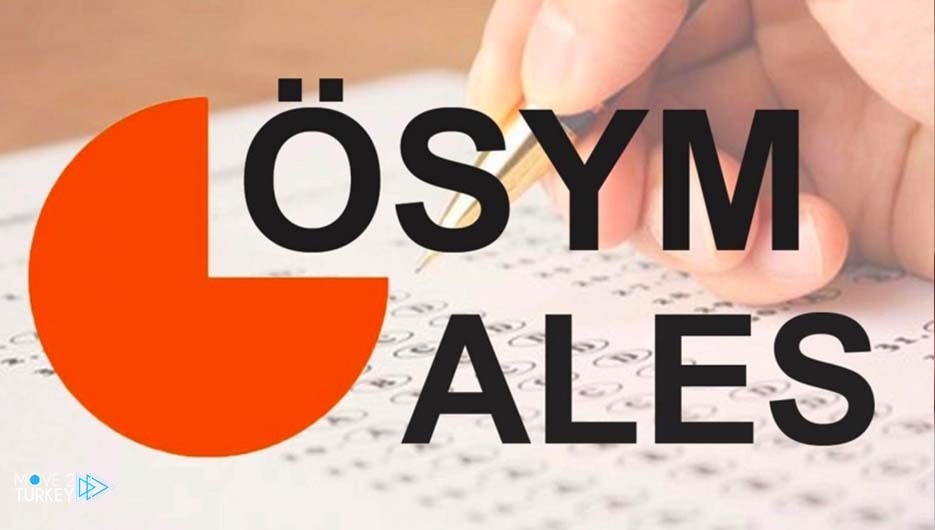Turkey offers unique opportunities for foreign doctoral students. Turkish universities have a tradition of international exchange, relatively low tuition fees and offer high quality doctoral education.
In the rest of our article, you can find information about Turkish universities, doctoral processes, fees and application conditions for foreigners interested in studying doctorate in Turkey.
Reasons to Do a PhD Study in Turkey
Fast-growing economy: It will be a great opportunity to work in Turkey with the world's second fastest growing economy and emerging markets and political influence.
Education in English: Turkish universities offer many doctoral programs in English in addition to their strong international outlook.
Economic: With low living costs and tuition fees, Turkey has become a good option for doctoral study.

Universities
Universities and other higher education providers in Turkey are divided into public (or state) and private (or foundation) institutions:
Public universities are mostly state-funded and have relatively low tuition fees as a result. Turkish, English, German or French are used as the language of instruction. Private/Foundation universities, on the other hand, generally charge higher tuition fees, but tend to be more active internationally, form partnerships with industry, and generally most (if not all) teach in English. All Turkish universities are managed by the Turkish Higher Education Council (YÖK). In this way, it is ensured that Turkish universities are internationally competitive and adhere to higher education standards.
PhD Process in Turkey
Due to Turkey's EU membership candidacy, Turkish universities follow the Bologna Process. Therefore, doctoral programs in Turkey are largely similar to doctoral programs in other European countries.
However, Turkish doctoral programs follow a structured process with well-defined phases and assessments. This process includes various courses, seminars and exams, up to a total of 240 ECTS credits. Contents may vary between universities or programs. Successful completion of all components is required in order to obtain a doctoral degree.
Audit and Consultancy
In Turkey, doctoral development and theses are supervised by various audit committees. The main thesis advisor is a member of most of these committees. Committee members are selected from academic faculty members who are experts in the field of research and are appointed in the first year of doctoral education.
Ph.D. Qualifying Exam
First, the doctoral subject is assessed through a qualifying exam. A qualifying committee reviews the thesis proposal through two written evaluations and one oral evaluation. The qualifying committee also establishes an examination jury committee, which organizes and evaluates the various examinations throughout the remainder of the doctoral study. The results of these exams will also be evaluated by the proficiency committee.

Ph.D. Follow-up Exam
After the proficiency exam is successfully completed and the purpose of the research is defended, the doctoral program is started. During the doctorate, a regular evaluation is made by the follow-up committee every six months. The committee will review the results of existing studies, methodology and work plan through a submitted report.
Doctoral Fees in Universities in Turkey
English-taught doctoral programs at Turkish public universities have low tuition fees, usually around €500-1,000 per year for international students. Tuition fees at private universities are significantly higher, around €5,250-17,500 per year. However, more scholarship options are available at these institutions.
Doctorate Admission Requirements in Turkey
For doctoral programs in Turkey, it is necessary to have the relevant Bachelor and Master degrees. The degrees of foreigners who have previously studied in Europe are mostly recognized. In addition, in order to be accepted to a doctoral program in Turkey, some kind of research proposal is usually required. It is recommended that you first apply to your prospective thesis advisor or university. Along with your application, you are generally expected to submit academic references and attend an interview. Finally, it is required to complete exams such as ALES, GMAT, GRE in order to measure and verify the academic knowledge of foreigners applying to doctoral programs. In addition, for programs taught in English, it is necessary to have sufficient success in language exams such as TOEFL and IELTS.

